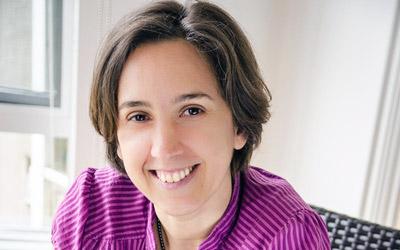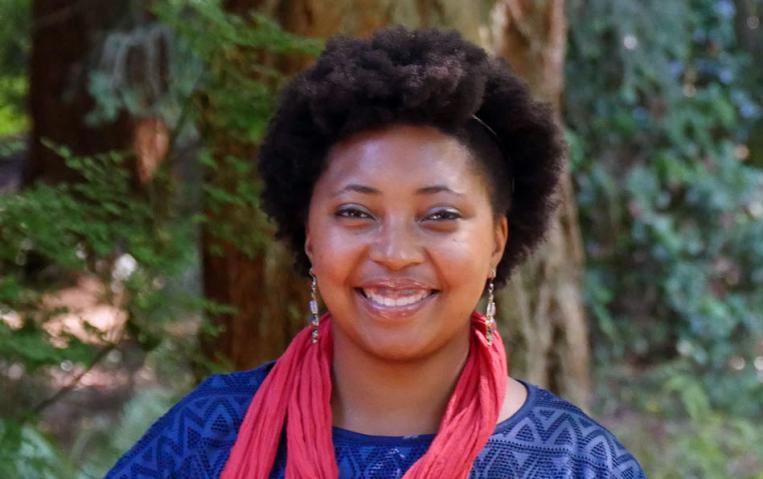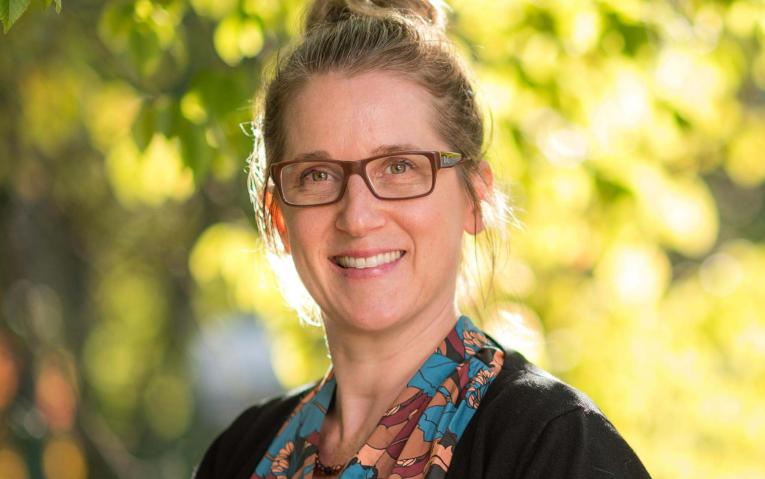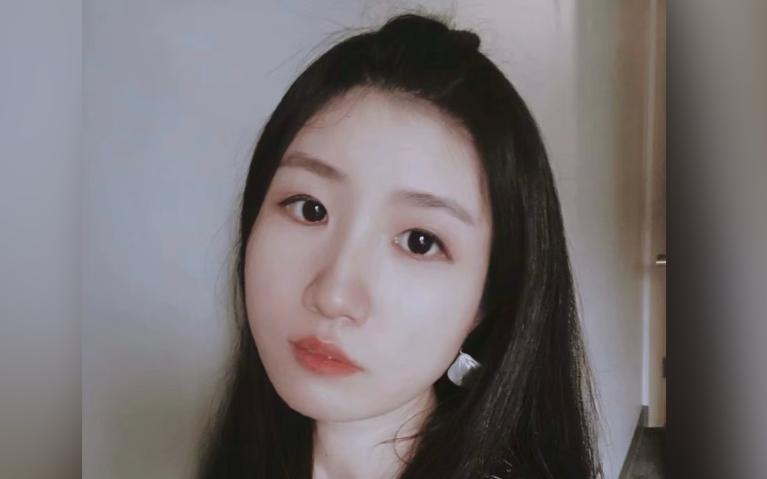Language and Literacy Education
Language and Literacy Education focuses on critical and contemporary issues at the intersections of literacy learning and cultural and societal transformation. It covers topics such as identity and literacy, cultural literacy practices, Indigenous literacies, family literacy, literature and new media, digital literacies, poetry, literacy in developing contexts, literacy development across the lifespan, educational linguistics, discourse and multimodal analysis, critical perspectives on children’s and young adult literature, EAL (English as an additional language) literacy, assessment, teacher education and creative/arts-based approaches to literacy learning.
Students engage with critical societal issues that impact these topics, such as equity and inclusion, immigration and globalization, gender, youth culture, relationships among communities and educational institutions, and public policy.
Faculty Members in Language and Literacy Education
| Name | Research Interests |
|---|---|
| Ahmed, Anwar | Languages and literature |
| Belliveau, George | Art education, drama education, pedagogy, teacher research |
| Bryson, Mary | Critical studies of technology; literacies; cancer education; critical theory; Gender and Sexuality Studies; digital cultures |
| Corella Morales, Meghan | Other languages and literature; Academic Discourse; Children and youth; Discourse Analysis; Language ideology; Sociolinguistics |
| Darvin, Ron | ESL, TESOL, LOTE and sign language curriculum, pedagogy and didactics; identity and investment in language learning; critical applied linguistics; race, ethnicity, and social class; Digital Literacies; generative AI |
| Dobson, Teresa | Media and communications; Literary Education; Digital Literacy; Digital Humanities; Text Visualization |
| Galla, Candace | what types of technology initiatives (low-, mid-, or high) Indigenous language communities are using to revitalize, maintain, and promote their language |
| Gladwin, Derek | Other languages and literature; Cultural Studies; Digital & Media Literacy; Environmental & Energy Literacy; Environmental Humanities; Food Literacy; Literary Education; Sustainability Education; Writing & Rhetoric |
| Gunderson, Lee Paul | Languages and literature; reading-research; immigrant-achievement; home literacy environment |
| Hare, Jan | Aboriginal youth mobility, Aboriginal family and community perspectives on early literacy, literature, identity construction and urban Aboriginal youth, Cultural studies, early childhood, first nations education |
| Jenson, Jennifer | Other languages and literature; Digital Cultures and Education; Digital Games; Game-based Learning; Gender; Online Learning; technology; Technology Implementation and integration |
| Kendrick, Maureen | literacy, digital literacy, Children and youth, ESL, international perspectives |
| Kubota, Ryuko | Specialized studies in education; critical applied linguistics; culture and language; Language Rights and Policies; language education; language ideologies; multicultural education; race and language teaching |
| Kumpulainen, Kristiina | Languages and literature; Social sciences; Critical literacies/pedagogies; Digital Literacies; Arts-based research; Multiliteracy and multimodality; Place-based literacies; Storytelling/narrative inquiry; Imagination |
| Li, Guofang | longitudinal studies of immigrant children |
| Rajagopal, Harini | Multiliteracy and multimodality; Bilingual/Multilingual education; Decolonizing pedagogies and knowledges |
| Rogers, Theresa | Children's literatures; Other languages and literature; Children's and Adolescent Literature; Digital Literacies; Education; Educational Approaches; Literacy; Youth Studies |









